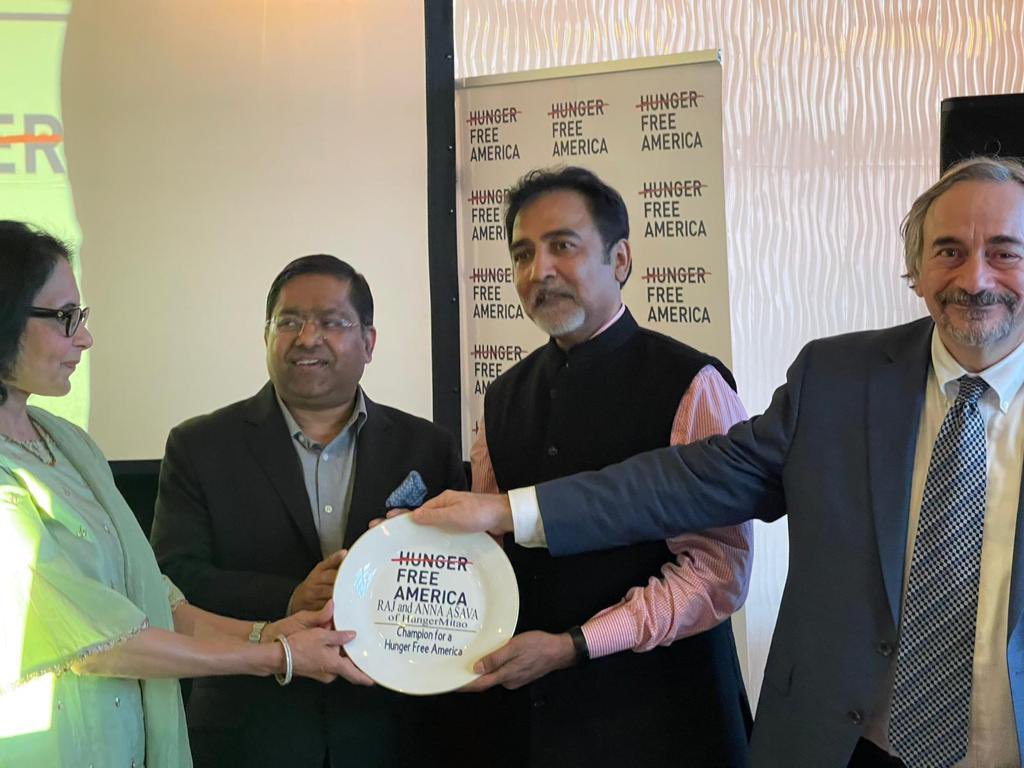Our Bureau
New Haven, CT
The National Institutes of Health (NIH) has awarded grant to Salil Garg, an Indian American, Yale researcher for conducting exceptional and creative research with the potential to transform biomedical science.
Garg, an assistant professor of laboratory medicine at Yale School of Medicine (YSM) received the prestigious New Innovator Award, which support “unusually innovative research” from early career investigators who are within 10 years of their final degree or clinical residency and have not yet received a large NIH grant.
Garg’s research focuses on non-genetic heterogeneity, or how cell systems with a singular genotype can form diverse cell states and functions. His lab employs highly interdisciplinary science, weaving together genomics, molecular biology, cell biology, systems biology, and machine learning techniques to understand how cell-to-cell differences arise under apparently homogeneous conditions. The lab is currently studying stem cells and cancer but maintains a broad interest in many areas of mammalian physiology.
Garg is one of the 67 recipients recognized by NIH’s High-Risk, High-Reward (HRHR) Research program, which supports “visionary and broadly impactful” behavioral and biomedical research projects. The 67 research grants, which total about $207 million, are supported by the NIH Common Fund, as well as three other institutes, centers, and offices across NIH.
“The HRHR program champions exceptionally bold and innovative science that pushes the boundaries of biomedical and behavioral research,” said Tara A. Schwetz, deputy director for program coordination, planning, and strategic initiatives at NIH.


























